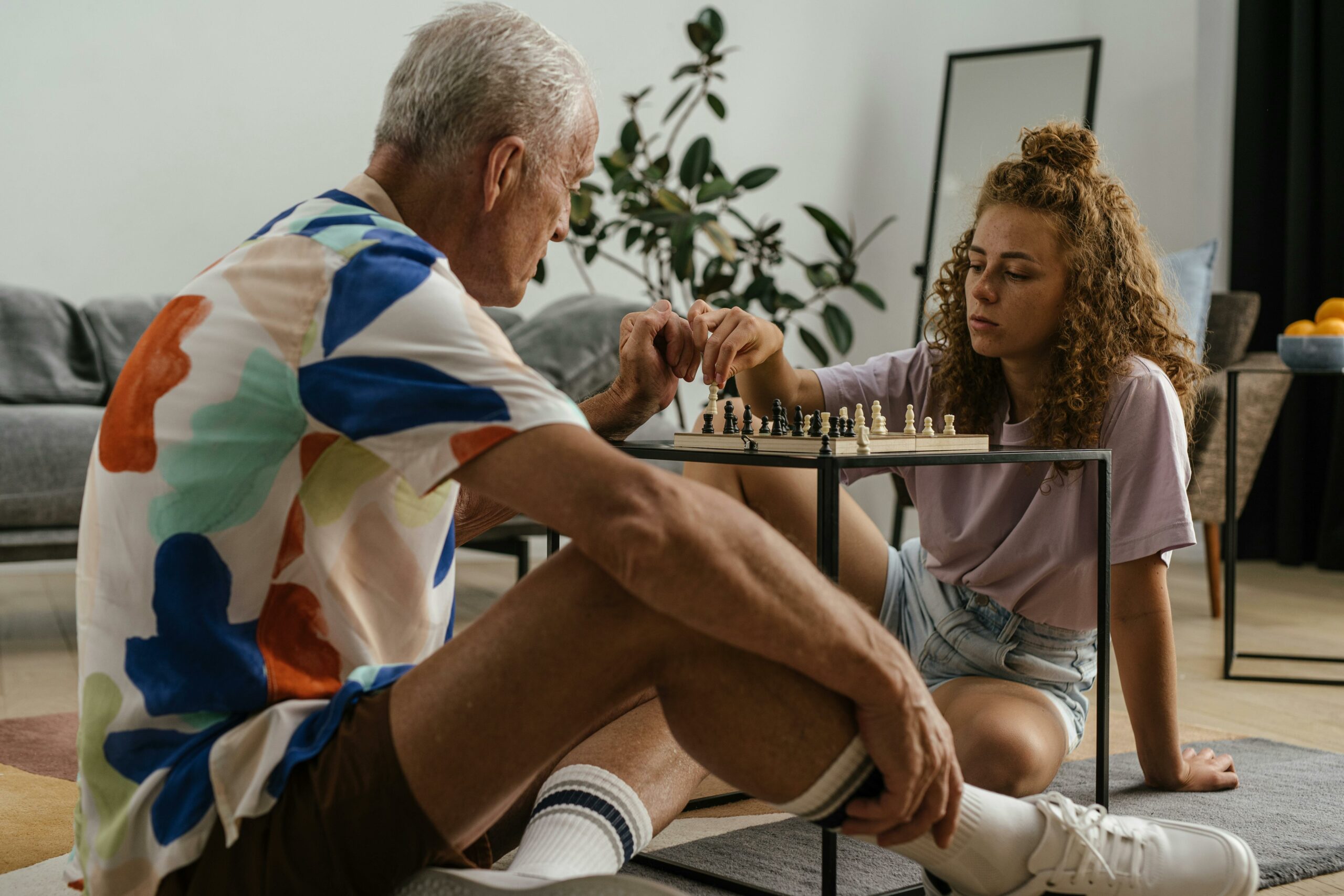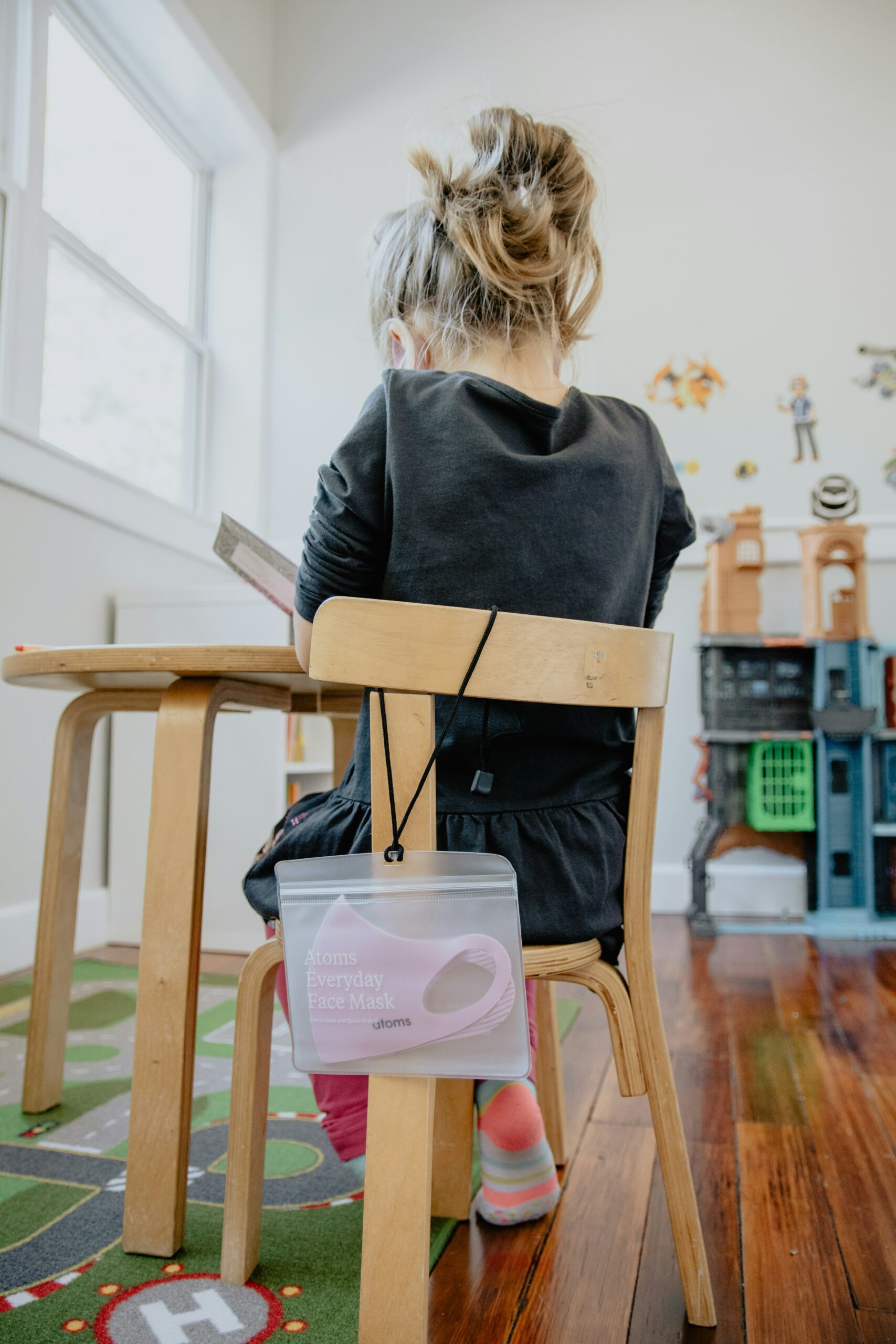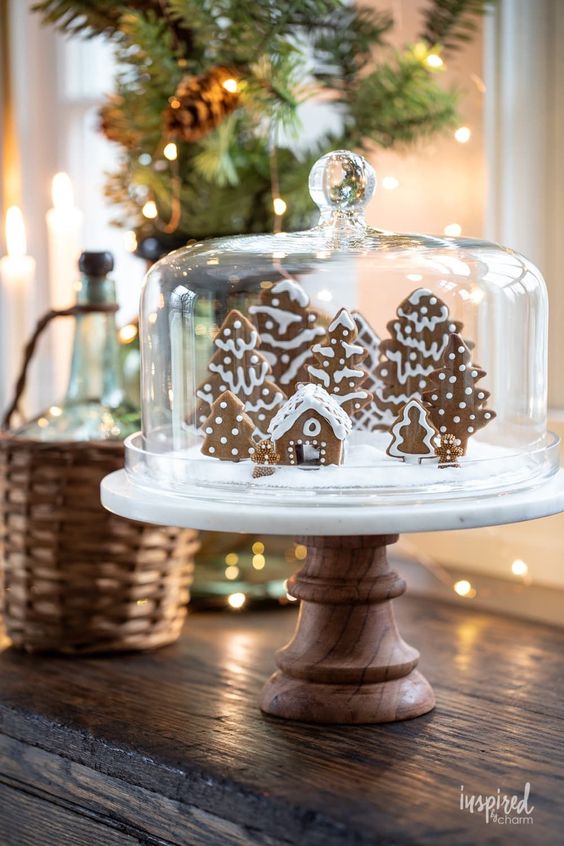Virtually all kids have feelings and thoughts of anxiety at some point during their development. The usual response from parents is to solve the problem by eliminating things that cause anxiety; but this could be counter-productive.
Probably the most effective way to help kids is to give them opportunities to develop coping skills then show them that they can actually control their anxious thoughts when they come up.
Calm Your Child Down
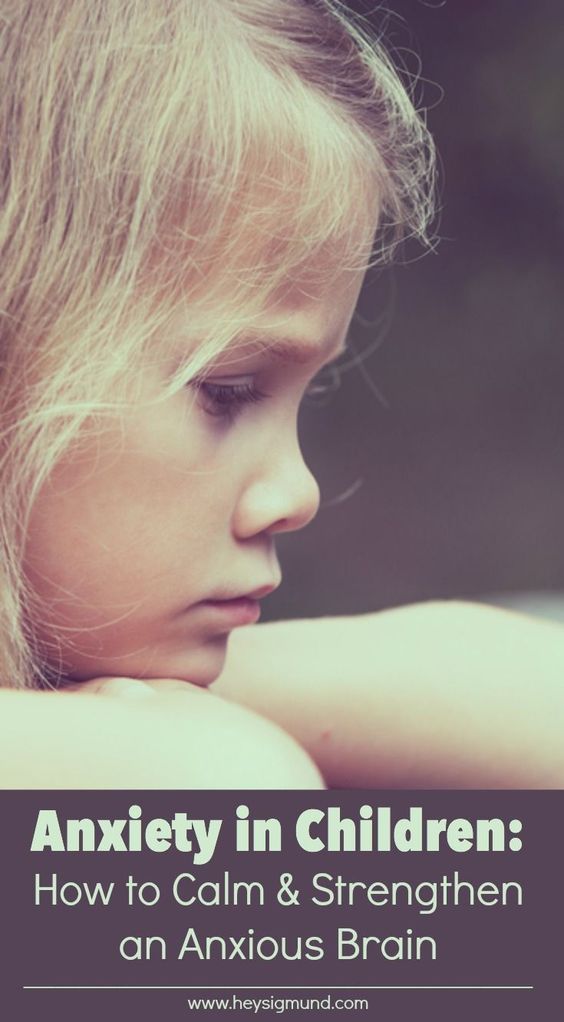
As a starting point, you should address the physical effects of the anxiety first. Let your child take a few slow deep breaths. Do this along with your child: take a breath in for three to four seconds, hold it for three seconds, and then exhale for another three seconds. When your child feels calm again, you can have a chat about what is causing anxiety.
Give Your Kids Time to Deal With Worries
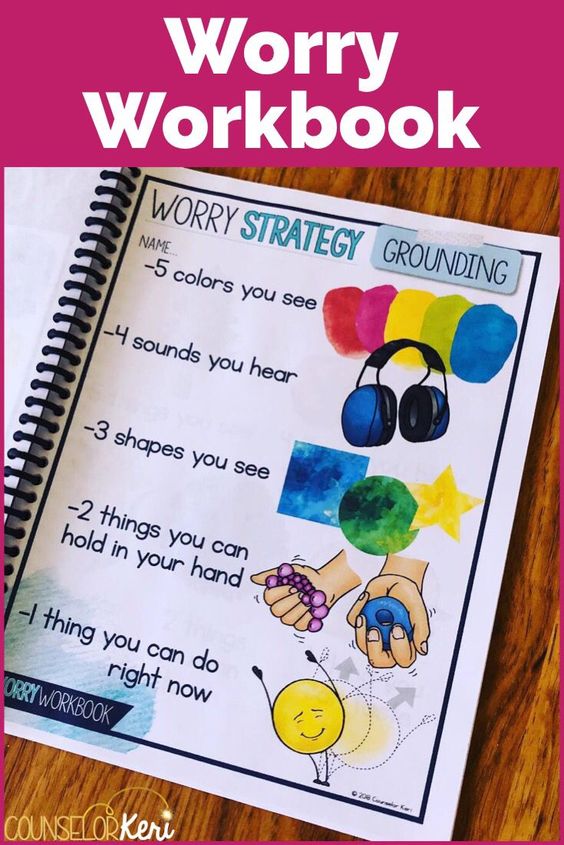
Set about a quarter of an hour aside every day to allow the kids to take charge of their emotional feelings. During this daily “anxiety/worry time”, let your children write down anything that is making them feel anxious. After 15 minutes, take the worries written on the paper and tear them up. Let your kids actually say bye to every worry they had for the day.
Attack the Issue in Stages

Instead of shielding your child away from a scary situation, you can deal with it in phases. Break down the issue causing worry into short, simple chunks and work the child towards overcoming the anxiety. So if, for instance, your kid is scared of water or swimming, you shouldn’t avoid the pool. Create a few small goals to boost their confidence. The gradual breaking down of the fear barriers with repetition will slowly start to yield results, as the child becomes familiar with all aspects involving the activity.
Build a Positive Thinking Habit
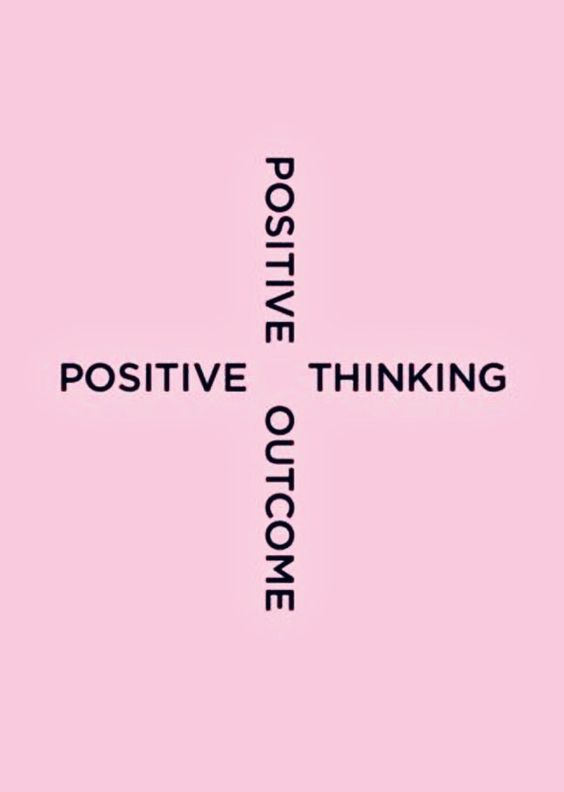
When children have trouble with anxiety, they are usually stuck thinking about the worst-case scenario (of the given situation). So you need to carefully guide them away from these negative thoughts.
Remind them about their past successes and how things worked out in their favor. Teach them to challenge their scary thoughts using evidence. Make a plan to help them respond if things don’t work out the way they want.
Let Your Kids Give it a Try
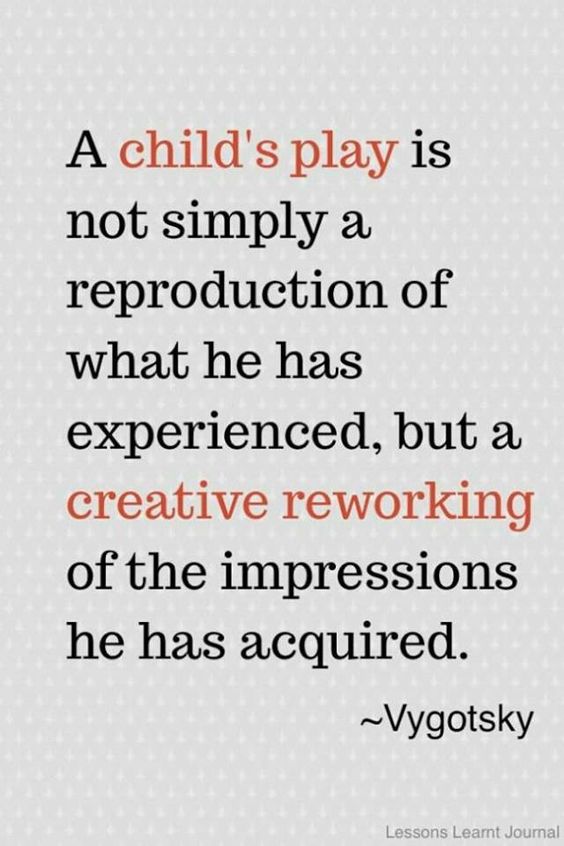
Anxiety can cripple your child’s desire to try new things. Anxious kids spend time worrying about not getting things perfect from the start. This leads to a poor performance even when they give new things a try. That’s why you must encourage them to have a go at new things. Show them how to have fun at it and commend them for their little successes.
Show Kids How to Cope
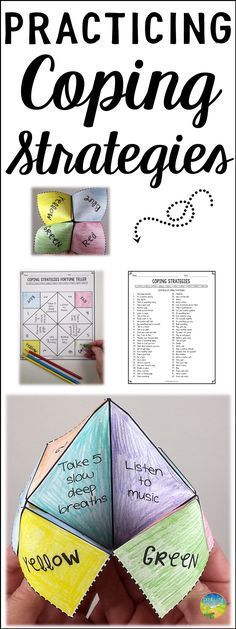
It’s great to teach your kids about overcoming anxious thoughts. But it’s even better to show them how to do it. When you are anxious or you are really stressed, you need to speak out and let your kids see how you are coping with your anxiety. So you can say: ‘See, this is a bit scary, but I’ll go ahead and try it.’ Lead by example is the name of the game.
Be Sincere About Scary Situations
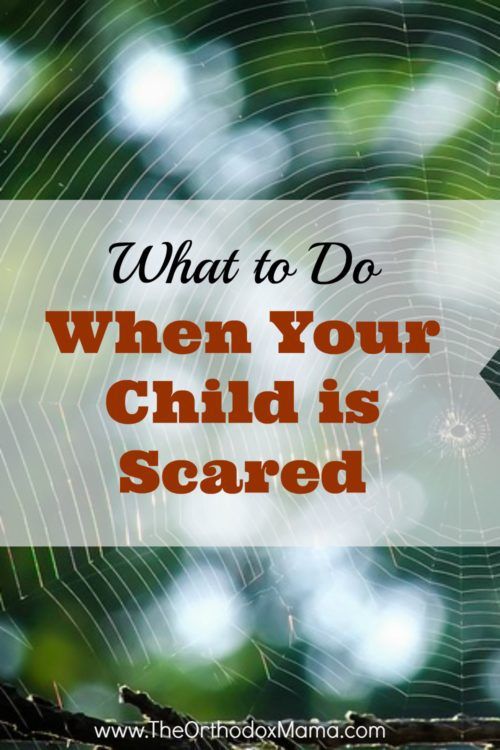
Many kids get worried about the possibility of death (a concept that is by no means exclusive to children). In discussing the (somewhat) sensitive subject it is important to answer your kid’s questions sincerely. Don’t give a false impression about life (and death), instead explain what is going on and put their fears in perspective.
Take a Course

As a parent you’ll find yourself on a constant journey of discovery, learning just as much about your children as you do about yourself. Whilst helping them with their issues and anxieties, you can also expand your own knowledge and understanding of the psychological and mental aspects of your child’s development. Taking up a course on the issues of mental health would further inform your understanding of the problems and mental anguish some children are struggling with and will provide you with a solid foundation with which you can tackle the same.
Keep Anticipatory Periods Short

A good way to reduce anticipatory anxiety is to shorten the waiting period itself. A common fear amongst children would be that of a doctor or a dentist, for example. If you want to stop your kids from getting nervous before the visit, you shouldn’t be talking about it beforehand, but rather try to make the child aware of the fact that the event needs to happen, without dwelling on the issue. Additionally, you can also add a ‘reward’ aspect, whereby after the event you can go to your child’s favorite park or visit their friends.
Help Your Child Think up Ways of Coping With Anxiety
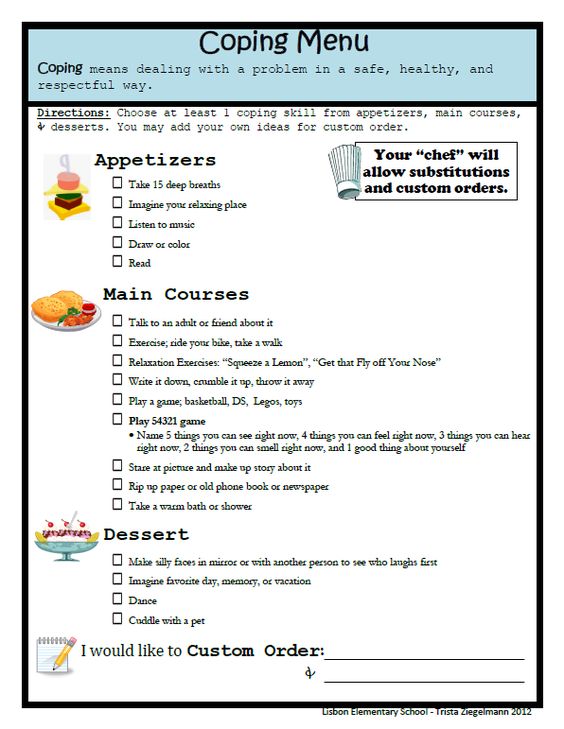
Ask them to tell you how they would handle the situation if their fear came true. For example, if your child is anxious about you not picking them up after football practice, ask them what they would do if something like that actually did happen. Children are fairly perceptive and in this particular hypothetical, they might just answer with the most straightforward answer – by telling the coach about the fact that their parent hasn’t arrived yet. This would then lead them to the logical conclusion that all is not lost and the relevant people have been informed and Mum/Dad are on their way.
Examine Your Personal Behavior
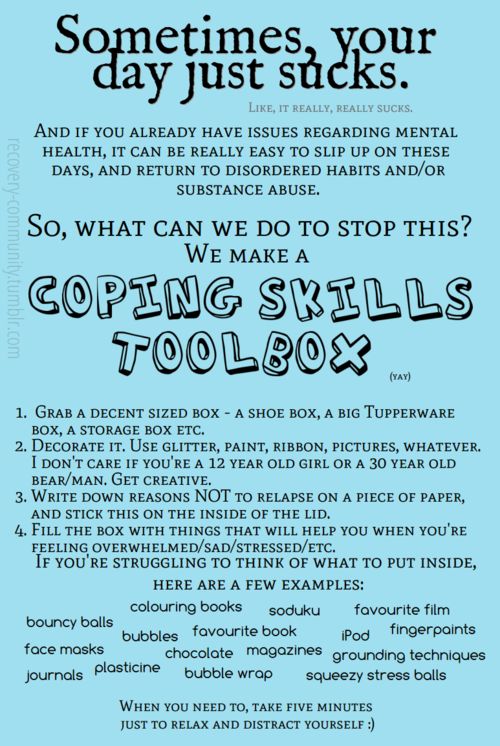
Lots of kids get clues on how to behave from their parents. So you need to ensure you are sending the right message to your children. If you are overprotective, you may give the wrong impression that the world is so dangerous and almost everything can hurt you.
You don’t “over-help” your kids. Offer a helping hand when it is really necessary but allow your kids to start learning to be creative and build resilience through their own devices.

